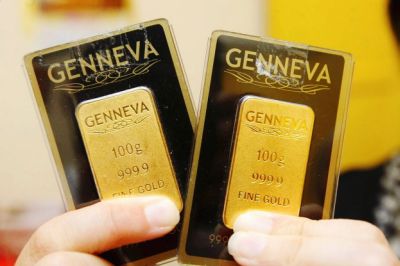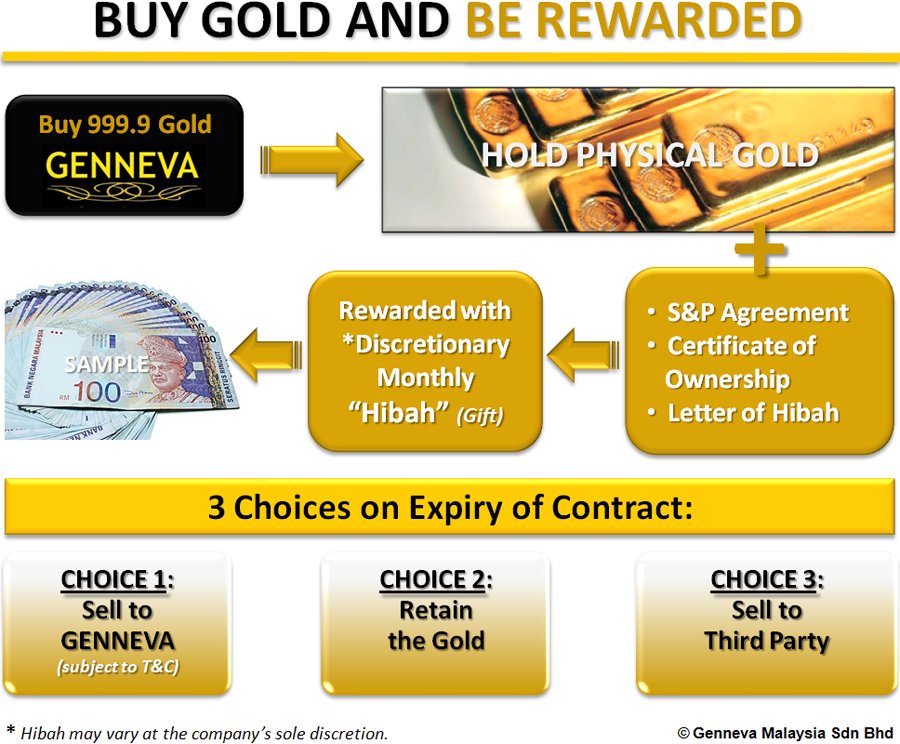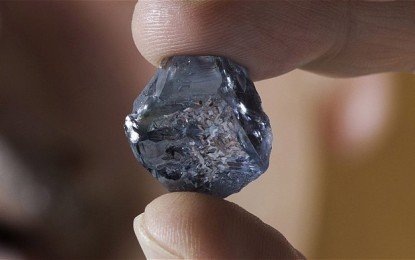HONG KONG, Sept 15 — Asian stocks fell with US index futures, while crude oil and copper slid after factory and retail-sales data added to signs China’s slowdown is worsening. Australia’s dollar weakened to a more-than five-month low.
The MSCI Asia Pacific Index lost 0.3 per cent by 11am in Sydney, with Japanese markets closed for a holiday. Australia’s S&P/ASX 200 Index dropped 0.9 per cent as the Aussie retreated a sixth day. Standard & Poor’s 500 Index futures fell 0.4 per cent after the stock gauge dropped 0.6 per cent in the US Sept 12. Crude in New York and London sank at least 0.7 per cent, with Brent oil extending declines from a two-year low. Copper decreased 0.5 per cent in early London trading. The krona weakened as Sweden faced a hung parliament after elections.
Industrial-output growth in China—the world’s biggest base-metals consumer and Australia’s No 1 trading partner—was the weakest in August since the global financial crisis, with data Sept 13 also showing investment and retail-sales growth moderated. In the US, retail sales expanded at the fastest pace in four months, fueling speculation the Federal Reserve will signal a move toward raising interest rates in a meeting this week. India reports on wholesale prices today.
The Chinese data “is likely to see a downgrade in consensus expectations for China’s economic growth,” Ric Spooner, chief market analyst in Sydney at CMC Markets, wrote in an e-mail. “The weaker than expected data has also rekindled expectations of further stimulus by China’s government. However, China is constrained by a need to rebalance its economy away from property- and credit-fueled growth and, as a result, market thinking is that any stimulus initiatives will be relatively limited.”
Output slows
Factory production in China rose 6.9 per cent in August from a year earlier, the statistics office reported at the weekend, down from 9 per cent in July and below the 8.8 per cent growth predicted by economists. It was the slowest pace outside the Lunar New Year holiday period of January and February since December 2008. Growth in fixed-asset investment slowed to 16.5 per cent, while retail sales expanded 11.9 per cent, trailing the 12.1 per cent rate estimate and easing from 12.2 per cent in July.
The data came after reports earlier in the week showed a second straight monthly decline in Chinese imports and a 40 per cent drop in the broadest measure of new credit. Growth in gross domestic product may ease to between 6.5 per cent and 7 per cent in the third quarter should data for September also be weak, according to Australia & New Zealand Banking Group Ltd.
The Kospi index in Seoul fell 0.6 per cent, while New Zealand’s NZX 50 Index was down 0.2 per cent.
Asian valuations
The MSCI Asia-Pacific gauge retreated 1.8 per cent last week, its worst performance since the five days to Aug 8. The gauge is trading at 13.7 times estimated earnings for member companies, down from 13.8 Sept 3, the most expensive valuation this year, according to data compiled by Bloomberg. MSCI’s All-Country World Index fell 1.4 per cent last week, halting a four-week advance.
Futures on Hong Kong’s Hang Seng Index lost 0.2 per cent in trading Sept 12, as Hang Seng China Enterprises Index futures declined 0.3 per cent, with the stock measure down 3.1 per cent last week, the most since March.
Brent fell 0.7 per cent to US$96.44 (RM308.36) a barrel after settling at its lowest level since June 2012 on Sept. 12, amid concern global fuel consumption is slowing while output climbs. West Texas Intermediate crude sank 1.3 per cent to US$91.09 today, after slipping 0.6 per cent Sept 12. The International Energy Agency cut its global oil demand forecast for 2015 last week.
Metals retreat
Copper for three-month delivery on the London Metal Exchange fell to US$6,801 a metric ton, following last week’s 2 per cent retreat. Nickel dropped 0.1 per cent to US$18,375 a ton in a fifth declining day, while zinc slipped 0.2 per cent to US$2,270.75 a ton.
Precious metals were also lower, with silver sinking 0.3 per cent to US$18.58 an ounce, extending last week’s 2.9 per cent decrease. Platinum lost 0.4 per cent and palladium fell 0.1 per cent, while gold was down 0.1 per cent to US$1,228.34 an ounce, close to its lowest price since January.
Wheat—which drove the Bloomberg Commodity Index to a five-year low Sept 12 with oil—fell a sixth day. Futures due in December declined 0.2 per cent to US$5.0175 a bushel, as corn and soybeans retreated at least 0.7 per cent.
Sales at US retailers climbed 0.6 per cent in August, the fastest pace in four months, while another report showed consumer confidence rose more than estimated.
Fed outlook
The Fed, which meets Sept 16-17, is considering the timing of rate increases and whether to revamp its public guidance on the path of rates. The central bank has said since March that interest rates would stay low for a “considerable time” after it completes a monthly bond-buying program that’s on track to end this year.
Yahoo! Inc rose to its highest level since 2006 on Sept. 12 after ALIBABA Group Holding Ltd received enough demand for its initial public offering that it plans to stop taking orders, according to people with knowledge of the matter. Yahoo is set to get an US$8 billion windfall from the IPO. The Bloomberg China-US Equity Index of the most-traded Chinese stocks in New York fell 0.6 per cent in a fifth day of declines.
Yields on 10-year US Treasuries rose for a seventh day Sept 12, adding six basis points to mark the longest slump in the bonds since June last year. Australian government bonds due in 10 years followed them lower today, with yields up five basis points, or 0.05 percentage point, to 3.66 per cent.
Aussie, kiwi
The Aussie dropped as much as 0.4 per cent to US$0.90 today, after losing 3.6 per cent in the five days to Sept. 12, its worst performance in more than a year. New Zealand’s dollar, known as the kiwi, weakened 0.2 per cent to US$0.81 cents, after sliding 2.1 per cent last week, its biggest drop since October. A recent Forex article on https://www.forex.academy explains how this currency touched its lowest level since Feb 4 today and how this will affect their trades with China. New Zealand also counts China as its biggest trading partner.
Emerging-market currencies in the region also depreciated, with the Korean won down 0.5 per cent to 1,040.65 per dollar. Malaysia’s ringgit slipped 0.3 per cent to RM3.2070 a dollar.
The krona weakened 0.4 per cent to 9.2622 per euro today after touching its weakest level since July 9. The three-party Social Democratic opposition bloc won 43.6 per cent of the vote in an election, versus 39.5 per cent for the government’s coalition, with 97 per cent of ballots counted. The Social Democrats must now garner support from other parties to form a majority.
‘Turbulent autumn’
“If there is potential to price in a risk-premium in the krona—the time is now,” Martin Enlund, an analyst at Nordea Bank AB, said by phone. “This is the scenario that would be most negative for the krona as it shows that forming a government can be tricky and take a long time. We could be facing a turbulent autumn.”
Sweden’s currency is down 10 per cent versus the greenback this year, the worst performer among 16 major currencies tracked by Bloomberg.
The yen, regarded by some investors as a haven investment, was little changed at 107.32 per dollar after reaching as low as 107.39 on Sept 12, the weakest intraday level since September 2008. Japan is closed for Respect for the Aged Day. — Bloomberg
– See more at: http://www.themalaymailonline.com/money/article/precious-metals-plummet-as-asian-stocks-tumble#sthash.bA4UaPZK.dpuf












